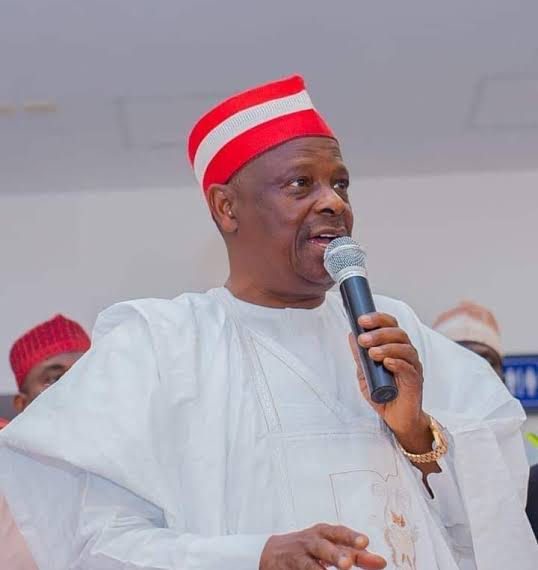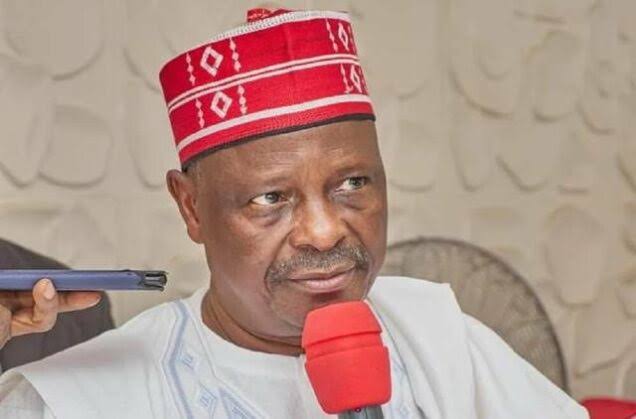The Kano State branch of the All Progressives Congress (APC) has asked Dr. Rabi’u Kwankwaso, a well-known leader of the New Nigeria People’s Party (NNPP), to punish those who messed up the distribution of palliatives. The APC is critical because they say the NNPP-led Kano State government is blocking the Federal Government’s attempts to fight hunger and help people who are the most vulnerable.
The head of the APC in Kano has expressed serious worries about how government aid meant to help people who are hungry is being distributed. The APC says that there have been major problems with getting these aid packages to the people who need them. This has led to charges of poor management and corruption. The party says that the NNPP government in Kano not only doesn’t back the Federal Government’s plans, but it also works against them, making the hunger problem in the region worse.

The APC has been very angry about Dr. Kwankwaso’s recent criticisms of the government methods for giving out palliative care. He has raised concerns about how well and openly the sharing process works, saying that it might not meet the needs of the most vulnerable people. On the other hand, the APC says Kwankwaso’s comments were made for political reasons and are meant to hurt the Federal Government’s efforts to help.
The APC has responded to these complaints by telling Kwankwaso to take responsibility and fix the problems that are said to be happening in his government. In particular, the party has asked Kwankwaso to punish those who were involved in the bad distribution of palliatives. The APC thinks that holding these people responsible is important for restoring public trust and making sure that help gets to the people who need it the most.

The fight in Kano between the APC and the NNPP shows bigger problems with politics and government. The claims from the APC show how heated state and federal politics are in Nigeria. Parties often fight over how to carry out policies and share resources. How well palliatives are distributed is very important, especially in places like Kano where the economy is bad and food poverty is common.
The APC’s position shows a larger worry about the need for good governance and openness in how aid and resources are managed. By criticising the NNPP government’s handling of palliative distribution and asking for accountability, the APC wants to bring attention to what they see as problems with the process and push for better, more open ways to help people who need it.
The main point of discussion in the ongoing argument is still how the government of Kano State and the federal government will handle these problems. Whatever happens with this controversy could have big effects on the politics in Kano and the rest of the area. Making sure that aid gets to the right people and is shared properly is very important for fighting hunger and helping people who are weak.

In conclusion, the APC’s call for action against those responsible for mishandling the distribution of palliatives and their criticism of Dr. Kwankwaso’s position show that Nigerian politics are still very tense. This case shows how important good governance and openness are for dealing with serious problems like food insecurity. As both sides deal with these problems, the major focus will be on making sure that aid is delivered effectively and that people are held accountable.